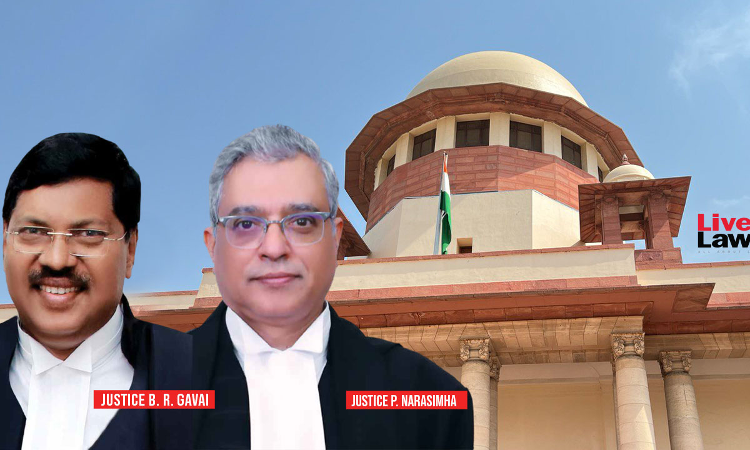In a case of conflicting dying declarations, the Supreme Court relied on the one recorded after a medical examination with regard to the fitness of the deceased.The Court explained the "difficult question" before it as follows :"In the present case, we are faced with two dying declarations, which are totally inconsistent and contradictory to each other. Both are recorded by Judicial...

